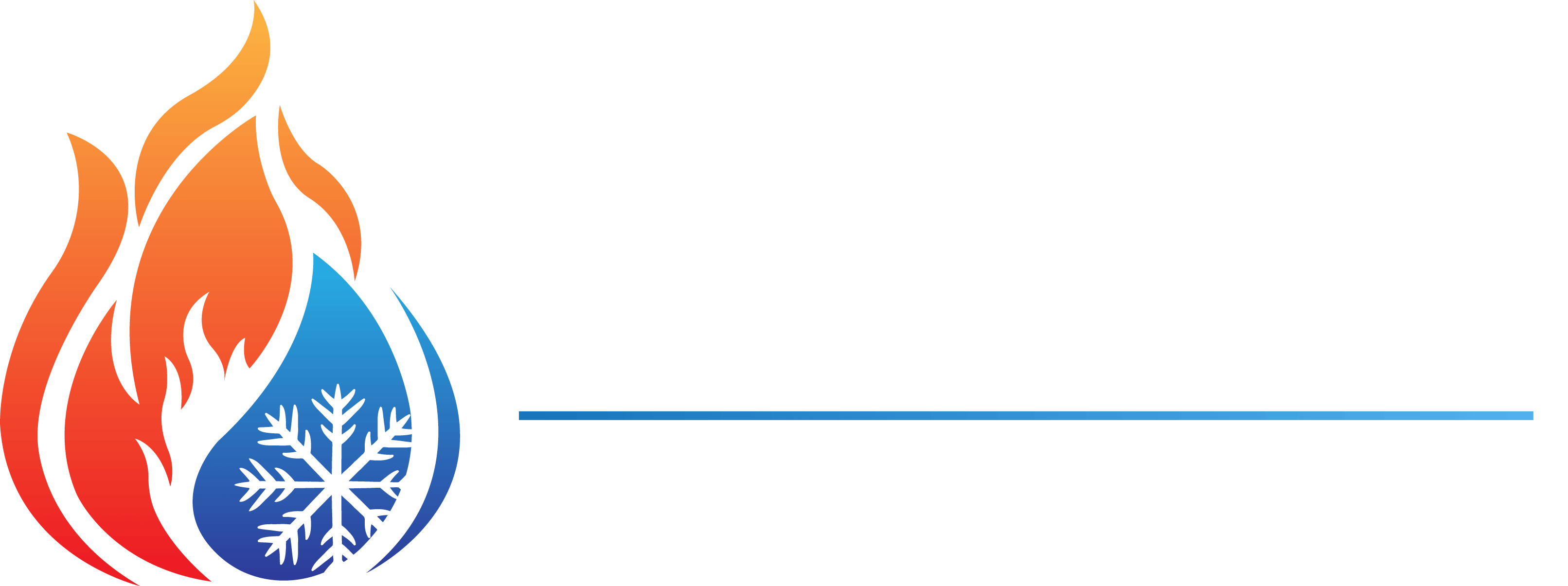Why HVAC System Failures Happen
Whether you’re a homeowner, facility manager, or an HVAC technician in training, knowing the most common HVAC system failures can save time, money, and frustration. These systems are the backbone of indoor comfort, but like any mechanical equipment, they’re prone to breakdowns—especially when poorly maintained.
At HVACwithJB, we train students to recognize and prevent these common issues. Our online HVAC certification and training programs—including EPA 608 prep and advanced modules like the Rack Program Plus—emphasize real-world diagnostics so you can work smarter in the field.
Let’s break down the top HVAC failures and the causes behind them.
1. Refrigerant Leaks
What Happens:
The system loses cooling capacity or freezes up completely.
Why It Happens:
Refrigerant leaks usually stem from worn components, vibration damage, or corrosion. Over time, copper lines can degrade or develop pinhole leaks—especially in systems exposed to moisture or acids.
Pro Tip:
EPA 608-certified technicians are required to handle refrigerants. Get trained to properly detect and fix these leaks using HVACwithJB’s EPA 608 Certification Course.
2. Dirty or Clogged Filters
What Happens:
Reduced airflow, poor cooling performance, or frozen coils.
Why It Happens:
Neglecting to replace filters regularly causes dirt and dust to accumulate, restricting airflow. This puts stress on the blower and evaporator coil and can even cause short cycling.
Pro Tip:
In HVACwithJB’s Fast Track 6-Week HVAC Course, students learn how something as simple as a dirty filter can lead to costly repairs—and how to prevent it.
3. Electrical Failures
What Happens:
System won’t start, stops mid-cycle, or trips breakers.
Why It Happens:
Faulty relays, capacitors, contactors, or wiring are all common culprits. Over time, electrical connections loosen or corrode, and components overheat—especially in high-demand systems.
Pro Tip:
Technicians must safely test and diagnose electrical systems. Online HVAC training with real-world simulations prepares you for these scenarios.
4. Thermostat Malfunctions
What Happens:
The HVAC system doesn’t respond correctly to temperature changes or cycles erratically.
Why It Happens:
Outdated thermostats, bad wiring, or incorrect settings are often to blame. In commercial systems, poor integration with building automation can also lead to control failures.
Pro Tip:
HVACwithJB’s Building Automation Systems (BAS) Training goes in-depth on integrating and troubleshooting control systems in modern HVAC setups.
5. Frozen Evaporator Coils
What Happens:
System stops cooling; you may see ice buildup on indoor components.
Why It Happens:
Restricted airflow (often due to dirty filters or blower issues), low refrigerant, or a failing fan motor can all lead to coil freezing.
Pro Tip:
Learn how to spot and correct airflow problems in Rack Program Plus, where advanced refrigeration systems require precise diagnostics.
6. Compressor Failure
What Happens:
No cooling. Compressor may be noisy, short cycling, or completely dead.
Why It Happens:
Causes range from low refrigerant and high pressure to electrical overloads and poor maintenance. The compressor is the heart of the HVAC system—once it fails, replacement is often expensive.
Pro Tip:
Train with HVACwithJB to understand system balance and pressure diagnostics before compressor issues become irreversible.
7. Drainage Problems
What Happens:
Water leaks around the unit, musty smells, or mold growth.
Why It Happens:
Condensate drain lines can clog with algae, debris, or rust. A backed-up drain pan can overflow and damage floors or ceilings—especially in attics or above ceilings.
Pro Tip:
Understanding condensate management is part of foundational HVAC training. HVACwithJB teaches hands-on skills you’ll use on every service call.
Conclusion: Learn to Diagnose and Prevent HVAC Failures
Most HVAC system failures can be prevented with routine maintenance, proper installation, and skilled diagnostics. Whether you’re aiming to become an HVAC technician or want to deepen your existing knowledge, mastering these common issues is essential.
Train with the best. Learn from HVACwithJB—online HVAC education trusted by thousands.
Whether you’re new to HVAC or leveling up your skills, this program offers a flexible, career-focused path forward.
Start your journey to HVAC certification today—from home, at your pace, and on your schedule.
